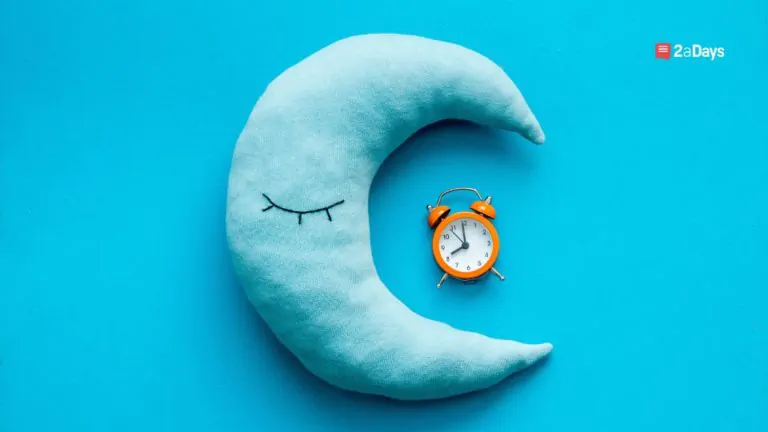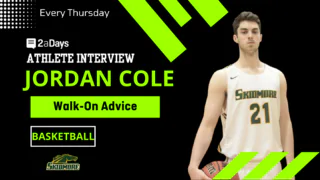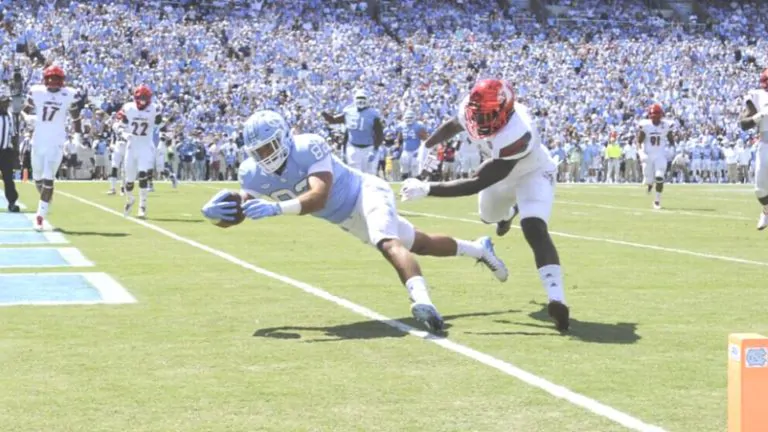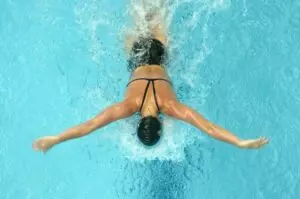In a previous article, I discussed how much sleep is “normal” for athletes as well as various benefits of athletes getting enough sleep. But how do you know how much sleep you're truly getting?
Sleep monitoring can be a helpful tool for you to increase your awareness of your sleep processes. Although this may seem like a straightforward solution, there are a few practical issues with monitoring processes and devices. Sleep monitoring devices have been used by university and professional teams for some time and wearable devices can be very convenient, but there are many potential traps with respect to the information they provide.
Issue #1: Big Brother
By now, you've probably read George Orwell's futuristic novel 1984, in which an evil government keeps tabs on all the citizens to make sure they behave. Although as an athlete, you want to maximize your performance, as an adult, you also should have the right to make your own choices. Sometimes these are good and sometimes they're not, and this is part of growing up and operating in a free society. So when it comes to sleep monitoring, ask yourself: What would your life be like if there was someone you worked with in an authority position that knew your sleep habits? Are you comfortable with this? Do you trust the person to keep the information in context and help you learn about your own processes like they should?
Related: Rate your Coaches, Facilities, and Campus Visits
To demonstrate a potential issue, here's a scenario. Let's say you were a 21-year-old NBA player in your second season. After a mid-season home game that wrapped up at midnight, you decided to go out on the town for a few hours because you needed to get some social interaction and blow off some steam. You spend a few hours out at a club, and go home when you start to feel like it's time. Your wearable device reports a 4:00am bedtime, meaning you got much less sleep than you needed and probably explains why you felt sluggish at practice the next day. Because the NBA season is dense with games scheduled every few nights, recovery is critical. If your team's support staff identifies that you went out after the last game, and you played poorly in the next game, could this lead to roster management consequences for you? Could this event lead to a fall-out with your coaching staff? Might you be benched or traded after a few of these events because you appear to be not taking your own recovery (and team goals of winning) seriously?
Situations like this require a strong athlete-coach-support staff connection so all intentions and expectations are clear. Sleep information needs to help the support staff and athlete construct an understanding of where the athlete is. This helps the athlete manage their own process deliberately and intelligently so they can grow to a more effective professional.
In fairness, the team has a right to retain effective players, and probably doesn't want to pay multimillion-dollar contracts to any player that sabotages their performance potential. There are definitely two sides to this argument, and it is good that player associations are available to advocate for athlete rights in professional sports. My opinion on the simplest answer to this issue: sleep monitoring should be 100% voluntary.
Issue #2: Punishment
A few years ago, one NCAA Division I university's women's soccer coaching staff issued wearable sleep monitoring devices to their athletes and established a team rule to obtain at least 8 hours of sleep per night. Women who didn't achieve the minimum threshold of sleep were prescribed punishment runs. This arrangement clearly didn't help team morale, and presented a major cultural problem for the team when athletes were unable to achieve the sleep requirements.
Two considerations are important here: a) sleep needs are individual, and b) some of the athletes probably had demanding academic requirements that were inflexible. The possibility for punishment may also create anxiety and worsen the problem for someone who has trouble sleeping in the first place.
Related: 5 Ways College Athletes Can Improve Their Sleep Schedule For Peak Performance
I must be very clear on this: such use of sleep monitoring devices is inappropriate! Sleep monitors are tools best used to observe, inform, and learn, so the athlete can adjust their habits as they're able to within the confines they have to work within. Sleep monitors are not tools to use for prescribing punishment. Doing so creates athlete distrust in coaches and support staff and erodes team culture. To deliver my guidance, I discourage anyone from signing with a team that takes a punitive approach to sleep like this.
If you find yourself in this situation during your athletic career, I'd strongly recommend you schedule a meeting with the senior advisor to the sport, express your grievance, and ask for a sport scientist to be involved in the process so the information isn't used inappropriately. If the administrator does nothing about the scenario, meet with the athletic director or equivalent administrator. If they do nothing, consider transferring to another university (or team) and tell the AD and coaches why.
Ultimately sleep is a restorative resource of great value for athletes. Gaining awareness of your sleep habits can help you optimize your processes, and being willing to do so demonstrates a lot of maturity. If you choose to go down the monitoring path, be careful with your information. If you're lucky enough to have support staff helping you in this area, be sure they are people that you can trust, and they're working in your best interest.
Have an idea for a story or a question you need answered? Want to set up an interview with us? Email us at [email protected]
* Originally published on October 21, 2022, by Ben Gleason







